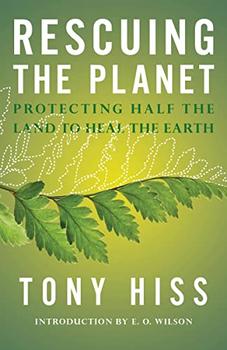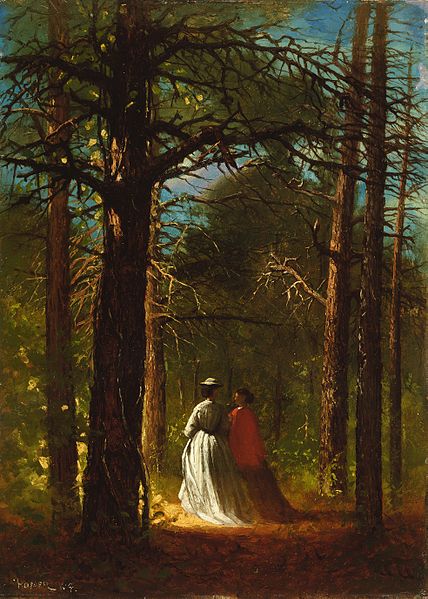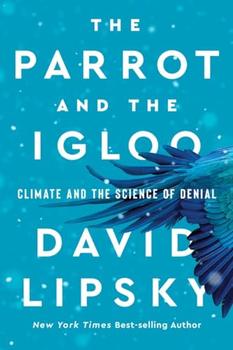Summary | Excerpt | Reviews | Beyond the book | Read-Alikes | Genres & Themes | Author Bio

Protecting Half the Land to Heal the Earth
by Tony HissAn urgent, resounding call to protect 50 percent of the earth's land by 2050--thereby saving millions of its species--and a candid assessment of the health of our planet and our role in conserving it, from the award-winning author of The Experience of Place and veteran New Yorker staff writer.
Beginning in the vast North American Boreal Forest that stretches through Canada, and roving across the continent, from the Northern Sierra to Alabama's Paint Rock Forest, from the Appalachian Trail to a ranch in Mexico, Tony Hiss sets out on a journey to take stock of the "superorganism" that is the earth: its land, its elements, its plants and animals, its greatest threats--and what we can do to keep it, and ourselves, alive.
Hiss not only invites us to understand the scope and gravity of the problems we face, but also makes the case for why protecting half the land is the way to fix those problems. He highlights the important work of the many groups already involved in this fight, such as the Indigenous Leadership Initiative, the Yellowstone to Yukon Conservation Initiative, and the global animal tracking project ICARUS. And he introduces us to the engineers, geologists, biologists, botanists, oceanographers, ecologists, and other "Half Earthers" like Hiss himself who are allied in their dedication to the unifying, essential cause of saving our own planet from ourselves.
Tender, impassioned, curious, and above all else inspiring, Rescuing the Planet is a work that promises to make all of us better citizens of the earth.
Hiss takes the clever approach of making a fairly abstract, seemingly unrealistic goal more concrete by introducing readers to scientists, naturalists and activists who are already helping to achieve it in a variety of landscapes and locations. Perhaps most ambitious is the group to whom Hiss first introduces us, an inspiring coalition of First Nations Dene leaders ("First Nations" is a Canadian term referring to a grouping of indigenous peoples, including the Dene), scientists and environmental activists working to preserve the critically important boreal forests of northern Canada and Alaska, using their unique knowledge and viewpoints to integrate human settlement and vast regions of undeveloped territory for animals and plants...continued
Full Review
(947 words)
This review is available to non-members for a limited time. For full access,
become a member today.
(Reviewed by Norah Piehl).
 When I picked up Tony Hiss's Rescuing the Planet, I expected to find stories about great forests and vulnerable wetlands and vast mountain landscapes. I definitely did not expect to encounter a story about my own town of Belmont, Massachusetts, an inner suburb of Boston. But that's exactly what happened when I started reading Hiss's narrative about the conservation success story of the Waverly Oaks (literally just down the street from my house) and the broader movement they inspired.
When I picked up Tony Hiss's Rescuing the Planet, I expected to find stories about great forests and vulnerable wetlands and vast mountain landscapes. I definitely did not expect to encounter a story about my own town of Belmont, Massachusetts, an inner suburb of Boston. But that's exactly what happened when I started reading Hiss's narrative about the conservation success story of the Waverly Oaks (literally just down the street from my house) and the broader movement they inspired.
Located between Belmont and neighboring Waltham, Beaver Brook Reservation is home to a playground and a splash park, and is also a popular place to walk dogs. It was established as a state park in 1893, largely to protect a stand of 22 white oak trees ...
This "beyond the book" feature is available to non-members for a limited time. Join today for full access.

If you liked Rescuing the Planet, try these:

by Ben Goldfarb
Published 2024
An eye-opening account of the global ecological transformations wrought by roads, from the award-winning author of Eager.

by David Lipsky
Published 2024
The New York Times best-selling author explores how "anti-science" became so virulent in American life—through a history of climate denial and its consequences.
Give me the luxuries of life and I will willingly do without the necessities.
Click Here to find out who said this, as well as discovering other famous literary quotes!